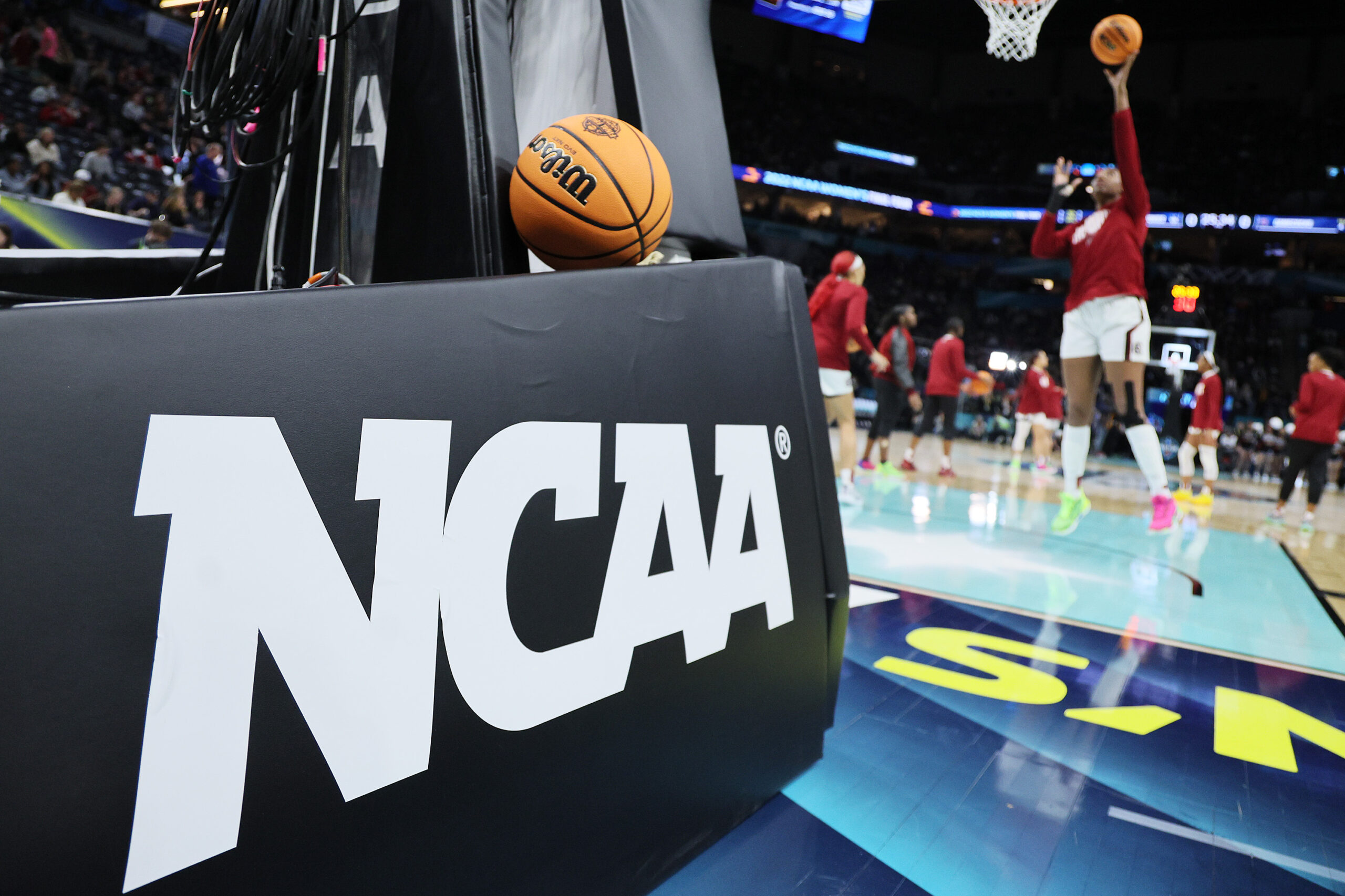Dartmouth argues that the financial assistance it offers athletes is need-based and disputes that it is compensation. Dartmouth, like all schools in the Ivy League, does not offer athletic scholarships.
Sacks did not set a date for the election, though union votes are typically held within weeks or months of such an order. The ruling came several months after a hearing was held in October, an unusually lengthy interval that may reflect the sensitive issues raised by the case.
“The players are extremely pleased with this decision,” said Jake Krupski, an attorney for the organizers.
“This is a significant step forward for college athletes, and we are excited to see how this decision will impact college sports nationwide,” Cade Haskins and Romeo Myrthil, two members of the basketball team, said in a statement. “We believe that other athletes will recognize the opportunities this ruling presents and will be inspired to follow suit.”
The Dartmouth election would be the first one in major college sports in several years, following one involving the Northwestern University football team. In that case, an election was held, but the votes were never counted, and the agency’s board dismissed the case on jurisdictional grounds.
A major complication at the time was that Northwestern plays in an athletic conference primarily comprised of public universities, which are governed by their respective state laws rather than the NLRA. But Dartmouth is part of the Ivy League, which is entirely private institutions, a distinction Sacks noted in her order.
“Accordingly, the Board’s concerns about potentially conflicting state labor laws do not apply,” Sacks wrote.
A spokesperson for Dartmouth said the school believes “unionization is not appropriate in this instance,” and it would seek a review of the regional director’s order by the agency’s board, which has a 3-1 Democratic majority with one seat vacant.
“We are extremely proud of our varsity athletics program for the important values it promotes and the experience it provides for both our athletes and our broader community,” Diana Lawrence said in a statement. “But it’s important to understand that unlike other institutions where athletics generates millions of dollars in net revenue, the costs of Dartmouth’s athletics program far exceed any revenue from the program — costs that Dartmouth bears as part of our participation in the Ivy League.”
College administrators and leaders of the NCAA have been
pleading with Congress to enact sweeping legislation that would preclude athletes from being classified as employees and shield sports programs from federal antitrust laws. They warn that the introduction of unionization, or extending other employee rights like a minimum wage or overtime guarantees to athletes would jeopardize the multibillion-dollar system.
But those efforts have so far gained minimal traction in Congress, which is preoccupied on a number of fronts, and members to date have not expressed the same level of urgency as people like NCAA President Charlie Baker.
The Dartmouth case is only one of two fronts in the battle between the NLRB and big-time college athletics. The agency is going after the University of Southern California, as well as the moribund Pac-12 Conference and NCAA, for allegedly misclassifying athletes as non-employees and imposing social media policy that violates workers’ federally protected workplace speech rights.
That case is pending before an administrative law judge who is expected to issue a decision sometime after hearing testimony wraps up in February. A ruling against the three could have wide-ranging ripple effects on how private schools control athletes’ conduct.
